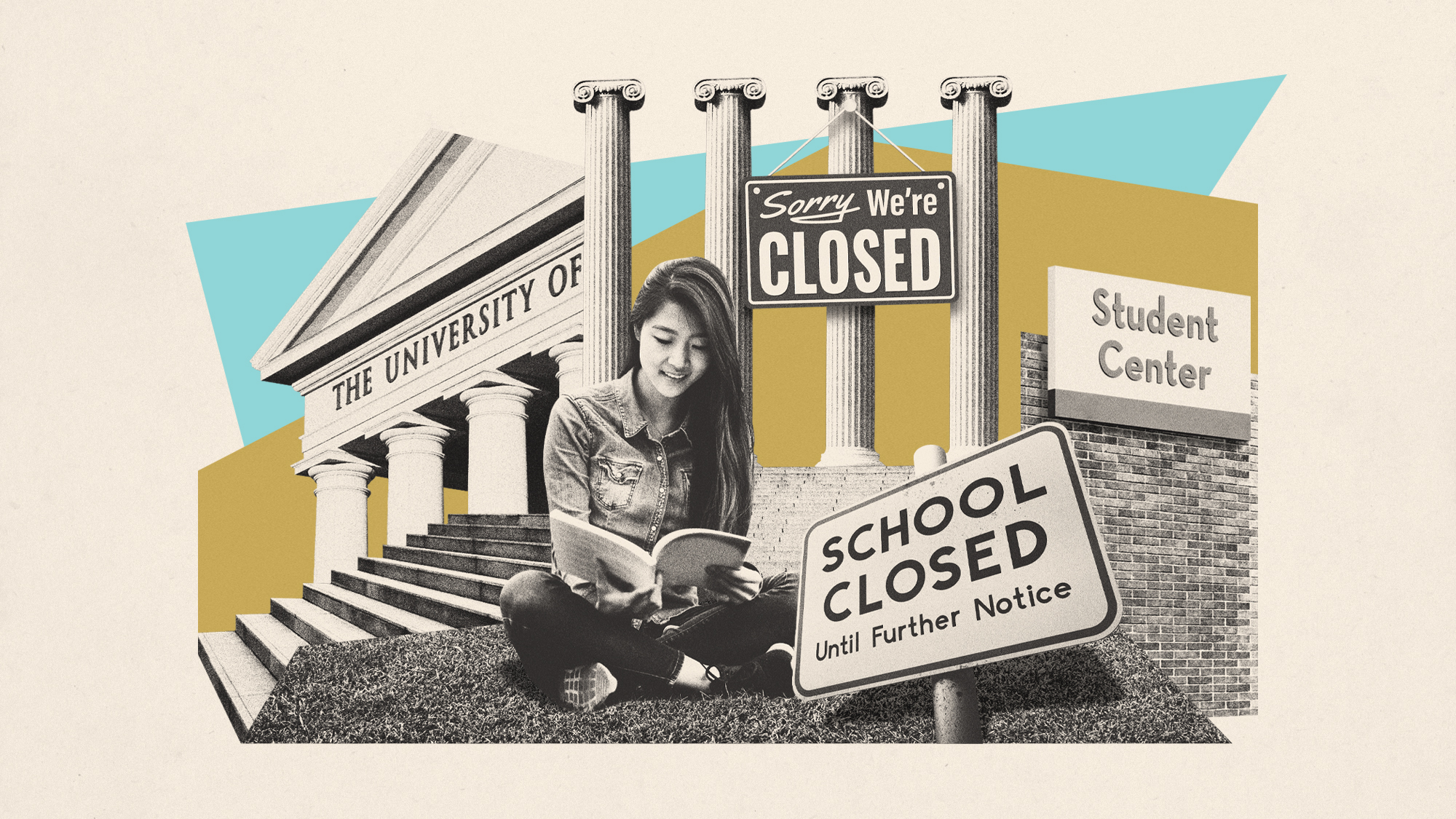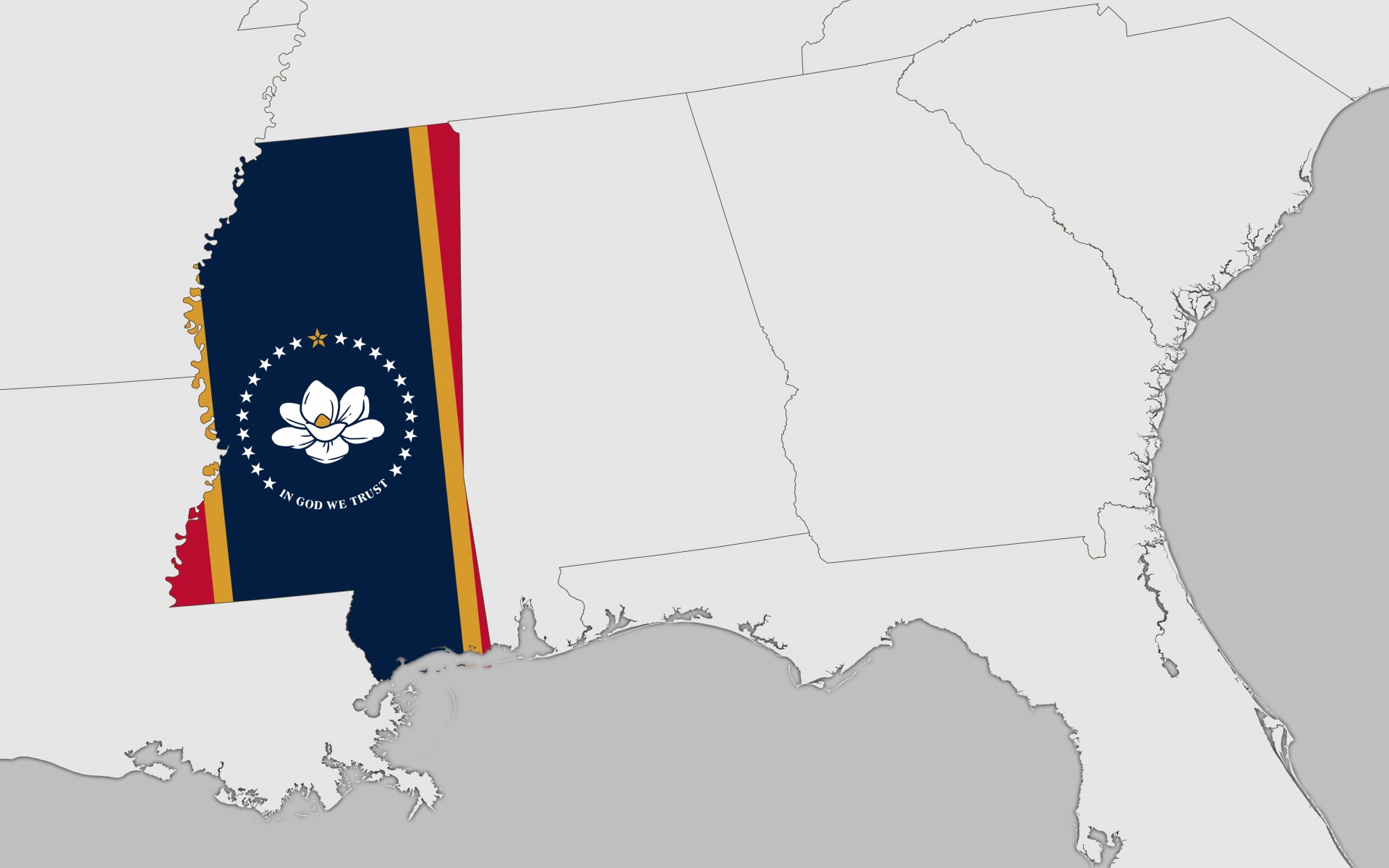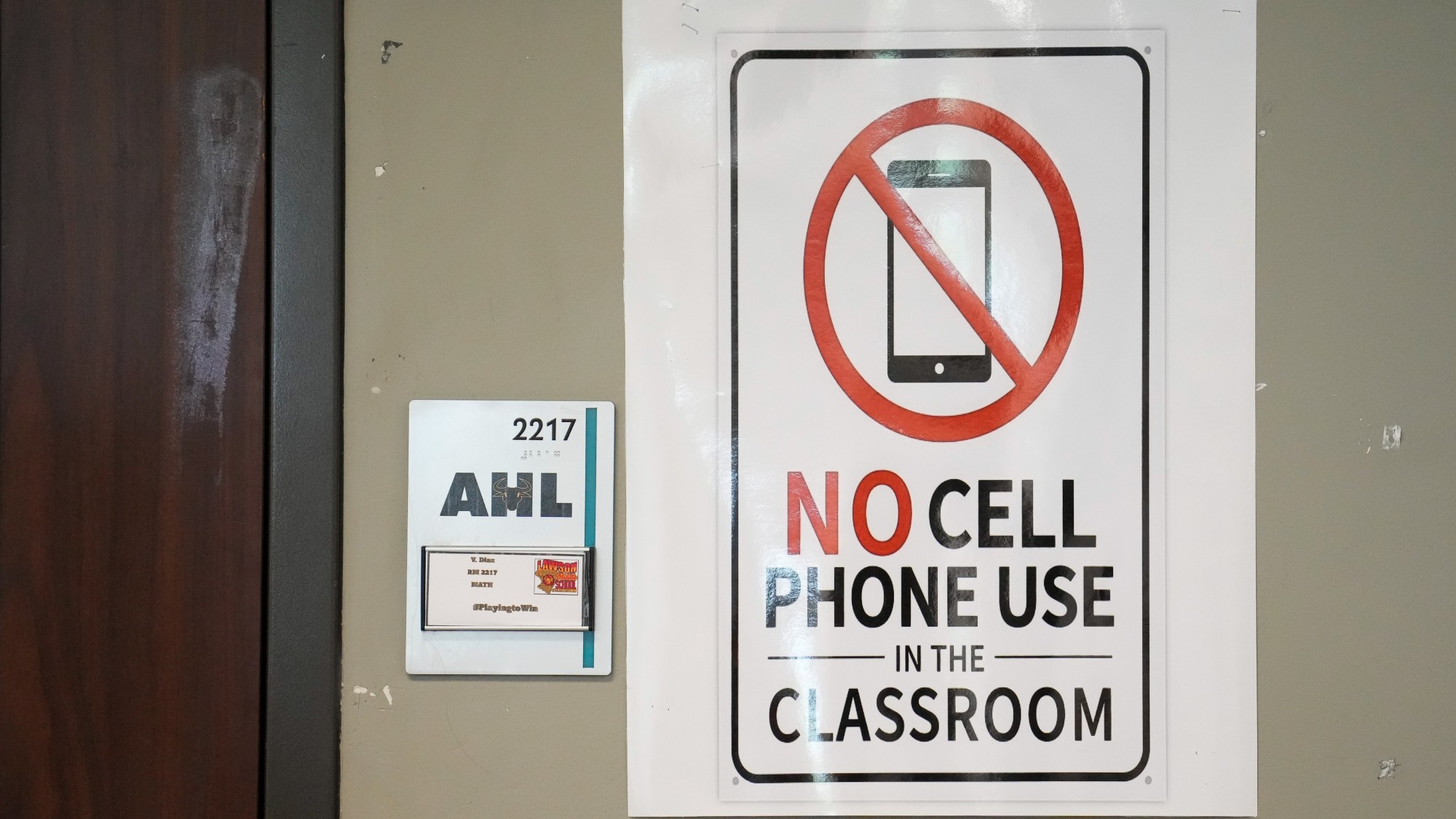Why are so many colleges closing?
'Enrollment cliffs' and higher tuition both play a role


A free daily email with the biggest news stories of the day – and the best features from TheWeek.com
You are now subscribed
Your newsletter sign-up was successful
More than 500 nonprofit private colleges have shut down in the last decade, said The Wall Street Journal, "three times what it was in the decade prior." The rising cost of tuition plays a role in the rising rate of closures, with prospective students now "re-evaluating the overall value of a four-year degree." And there are fewer of those students: Declining birthrates have created an "enrollment cliff" that has left much of higher education "buckling under the strain of tuition losses."
The trend started in 2017, said CNN, but slowed during the COVID pandemic as colleges were boosted by a flood of federal aid. That money has now run out. The result? Some analysts worry that "fewer colleges will mean fewer college graduates." That could hinder workforce development for younger and mid-career workers. And maybe something more. "What is going to be lost is the commitment that we had to making sure that higher education was accessible to everyone," said Hodges University President Charlene Wendel. (Hodges, in Florida, closes its doors on August 25.)
What did the commentators say?
The Biden administration has an "aggressive approach to college oversight," Zachary Schermele said at USA Today. Colleges aren't supposed to close "with little or no warning" — consumer protection laws require institutions to warn regulators that they're "financially unstable." But thousands of students have been caught unaware and left in a lurch, often with debt and half-completed degrees. There needs to be a "new urgency" in tracking the "warning signs" in higher ed. Colleges will close, one professor noted, "so the challenge becomes: When do people know that their college is at risk?"
The Week
Escape your echo chamber. Get the facts behind the news, plus analysis from multiple perspectives.

Sign up for The Week's Free Newsletters
From our morning news briefing to a weekly Good News Newsletter, get the best of The Week delivered directly to your inbox.
From our morning news briefing to a weekly Good News Newsletter, get the best of The Week delivered directly to your inbox.
If the baby bust is hurting enrollment, the "longevity boom" could boost colleges, a trio of experts said at Inside Higher Ed. The conventional "learn, work, retire" could be upended and rethought in an aging country. And retirees are increasingly moving into "encore careers" that require new skills and education. That's why colleges could move to "age-inclusive models" that promote "intergenerational" learning with both younger and older students. "Demand will only grow."
What next?
Colleges "large and small" are cutting costs by phasing out majors and "slashing" programs, said The Associated Press. Those kinds of cuts "appear to be more commonplace" than schools closing outright, but they also affect students — particularly those in humanities programs, which are facing the deepest cuts. Will that help those institutions survive? "It's an open question to what extent colleges and universities can cut their way to sustainability," said Georgetown University senior scholar Bryan Alexander.
Most abandoned students "give up on their educations altogether," said The Hechinger Report, an education newsletter. Fewer than half transfer to new schools — and fewer than half of those students complete degrees. Why? Credits don't always transfer. That means more expense and time for do-over classes. "It's just another roadblock," said Luka Fernandes, whose first school closed after his junior year, "especially with people who are struggling with tuition in the first place."
A free daily email with the biggest news stories of the day – and the best features from TheWeek.com
Joel Mathis is a writer with 30 years of newspaper and online journalism experience. His work also regularly appears in National Geographic and The Kansas City Star. His awards include best online commentary at the Online News Association and (twice) at the City and Regional Magazine Association.
-
 The environmental cost of GLP-1s
The environmental cost of GLP-1sThe explainer Producing the drugs is a dirty process
-
 Greenland’s capital becomes ground zero for the country’s diplomatic straits
Greenland’s capital becomes ground zero for the country’s diplomatic straitsIN THE SPOTLIGHT A flurry of new consular activity in Nuuk shows how important Greenland has become to Europeans’ anxiety about American imperialism
-
 ‘This is something that happens all too often’
‘This is something that happens all too often’Instant Opinion Opinion, comment and editorials of the day
-
 American universities are losing ground to their foreign counterparts
American universities are losing ground to their foreign counterpartsThe Explainer While Harvard is still near the top, other colleges have slipped
-
 How Mississippi moved from the bottom to the top in education
How Mississippi moved from the bottom to the top in educationIn the Spotlight All eyes are on the Magnolia State
-
 Education: More Americans say college isn’t worth it
Education: More Americans say college isn’t worth itfeature College is costly and job prospects are vanishing
-
 How will new V level qualifications work?
How will new V level qualifications work?The Explainer Government proposals aim to ‘streamline’ post-GCSE education options
-
 England’s ‘dysfunctional’ children’s care system
England’s ‘dysfunctional’ children’s care systemIn the Spotlight A new report reveals that protection of youngsters in care in England is failing in a profit-chasing sector
-
 The pros and cons of banning cellphones in classrooms
The pros and cons of banning cellphones in classroomsPros and cons The devices could be major distractions
-
 School phone bans: Why they're spreading
School phone bans: Why they're spreadingFeature 17 states are imposing all-day phone bans in schools
-
 Penn wipes trans swimmer records in deal with Trump
Penn wipes trans swimmer records in deal with Trumpspeed read The University of Pennsylvania will bar transgender students from its women's sports teams and retroactively strip a trans female swimmer of her titles
